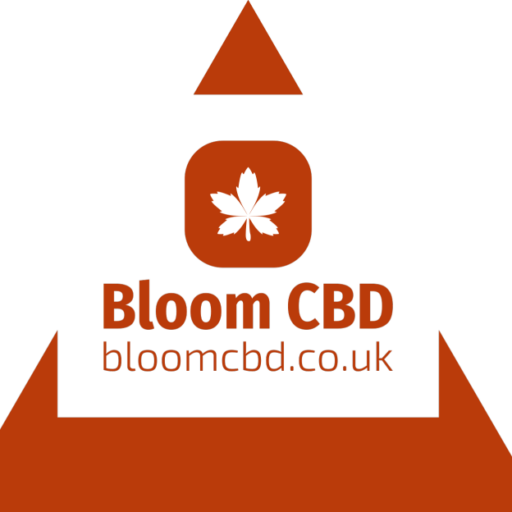Reduction of Muscle Soreness
While there’s ongoing research into the potential benefits of various cannabis compounds for muscle recovery, it’s important to note that THC itself is not a proven direct reducer of muscle soreness.
THC, the psychoactive component in marijuana, can potentially influence pain perception and inflammation, which might indirectly contribute to a perceived reduction in soreness. However, more studies are needed to establish a clear link between THC consumption and muscle recovery.
Improved Flexibility and Range of Motion
Improved flexibility and range of motion are often associated with better athletic performance and overall physical well-being. While THC may not directly address muscle soreness, its potential effects on pain perception and inflammation could indirectly contribute to increased flexibility over time. By reducing perceived pain, THC might encourage individuals to engage in stretching and mobility exercises more comfortably.
Decreased Inflammation

Decreased inflammation can be beneficial for muscle recovery after workouts. While THC may not directly reduce inflammation, its potential influence on pain perception could indirectly lead to a reduction in inflammation-related discomfort.
Some users report feeling less stiffness and soreness when they consume THC, potentially due to its impact on pain signaling and the body’s inflammatory response.
Faster Healing from Micro-Tears
THC might indirectly contribute to faster healing from micro-tears by influencing pain perception and inflammation. Though not a direct muscle sore reducer, THC’s potential to alleviate pain could encourage athletes to stretch more regularly, enhancing flexibility and range of motion, which are crucial for recovery.
By reducing perceived pain, THC might make stretching and mobility exercises more comfortable, ultimately promoting better healing from micro-tears.
Reduced Mental Fatigue
While THC doesn’t directly reduce muscle soreness, its potential influence on pain perception and inflammation could indirectly contribute to a feeling of reduced fatigue after workouts.
THC may help athletes feel more comfortable stretching and engaging in mobility exercises, which are essential for recovery and can lead to improved flexibility and range of motion.

By reducing perceived pain, THC might encourage athletes to be more active in their recovery process, potentially aiding in faster healing from micro-tears.
Improved Focus and Concentration
Improved focus and concentration can be enhanced through various methods, including mindfulness practices, cognitive training exercises, and lifestyle modifications.
Mindfulness techniques, such as meditation and deep breathing, have been shown to increase attention span and reduce distractibility. These practices train the mind to stay present in the moment, minimizing mental wandering.
Cognitive training exercises, such as puzzles, brain games, and memory tasks, challenge cognitive function and can improve focus and concentration over time. Regular engagement in these activities strengthens neural pathways associated with attention and processing information.
Lifestyle factors also play a significant role. Adequate sleep, a healthy diet, and regular physical exercise contribute to optimal brain function and enhanced cognitive abilities, including focus and concentration.
Stress Reduction
THC’s potential benefits for athletes may lie more in its indirect effects rather than direct muscle soreness reduction.
While THC might not directly target muscle soreness, its influence on pain perception could lead to a decreased sense of stiffness and discomfort, potentially aiding in the feeling of recovery.
